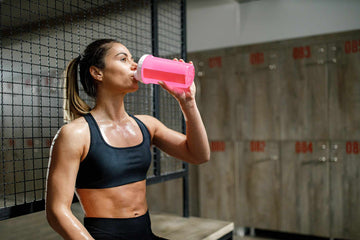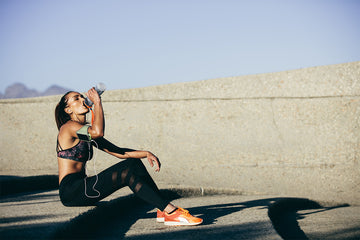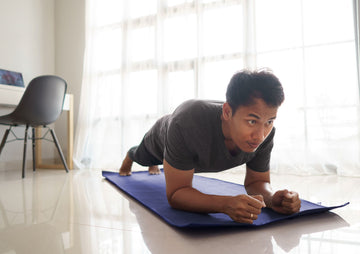When we think about fitness and performance, the usual suspects—nutrition, exercise routines, and rest—come to mind. But there’s one crucial element that often flies under the radar: hydration. Water, the essence of life, plays a pivotal role in our overall health and fitness performance. Let’s dive into why staying hydrated is so important and how it can make or break your fitness goals.
Why Hydration Matters
Water is Vital for Bodily Functions Our bodies are about 60% water, which should give you an idea of just how crucial it is. Every single cell, tissue, and organ needs water to function correctly. Water helps regulate body temperature, transport nutrients, and remove waste. In terms of fitness, staying hydrated can influence everything from muscle performance to recovery.
Enhances Physical Performance Whether you’re lifting weights, running, or doing yoga, staying hydrated can significantly affect your physical performance. Dehydration can lead to muscle fatigue, reduced endurance, and impaired coordination. Imagine trying to complete your set with an Adjustable Kettlebell Handle or pushing through a spin class on your Indoor Magnetic Cycling Bike without enough water—it wouldn’t be pretty.
Aids in Recovery Post-workout recovery is just as crucial as the workout itself. Proper hydration helps repair muscles and reduce the soreness that follows a good session. Water is necessary for cellular regeneration and helps flush out toxins that build up during intense exercise.
Signs of Dehydration
Recognizing the signs of dehydration is the first step in preventing it. Here are a few to watch out for:
How Much Water Do You Need?
The age-old advice of drinking eight glasses of water a day is a good start, but individual needs can vary based on factors like activity level, climate, and overall health. A more tailored approach is to drink half your body weight in ounces of water each day. So, if you weigh 150 pounds, aim for 75 ounces of water daily.
During exercise, it’s important to drink water before, during, and after your workout:

Tips to Stay Hydrated
Staying hydrated isn’t just about drinking water. Here are some tips to ensure you’re getting enough fluids:
Carry a Water Bottle Having a water bottle on hand at all times can remind you to drink more often. Invest in a good-quality bottle that’s easy to carry and keeps your water cool.
Eat Water-Rich Foods Incorporate foods with high water content into your diet. Fruits like watermelon, oranges, and strawberries, and vegetables like cucumber and lettuce are great choices.
Set Reminders In our busy lives, it’s easy to forget to drink water. Use your phone to set hourly reminders or download an app designed to track your water intake.
Infuse Your Water If plain water doesn’t excite you, try infusing it with fruits, herbs, or a splash of juice. This can make drinking water more enjoyable and help you stay hydrated.
Listen to Your Body Pay attention to your body’s signals. Thirst, fatigue, and dry skin are all indicators that you need more water.
Hydration and Fitness Tools
Incorporating the right fitness tools can also enhance your hydration routine. For instance, using a Heart Rate Sensor Monitor can help you understand how your hydration levels affect your heart rate and overall performance. Post-workout, a Foam Roller Back Massager can aid in muscle recovery, working best when you’re well-hydrated, as water helps flush out the toxins released during rolling.
---
Hydration is a cornerstone of fitness performance, influencing everything from energy levels to recovery times. By making hydration a priority, you’ll not only feel better but also see improvements in your fitness journey. Remember, staying hydrated is more than just drinking water—it’s about maintaining a balance that supports all your body’s functions, especially when you’re pushing it to new limits in your workouts.
So, next time you grab your gear for a workout, don’t forget that trusty water bottle. Stay hydrated, stay fit, and watch your performance soar. Cheers to good health and hydration! If you have any hydration tips or experiences to share, we’d love to hear from you in the comments below. Let’s keep each other motivated and hydrated!








